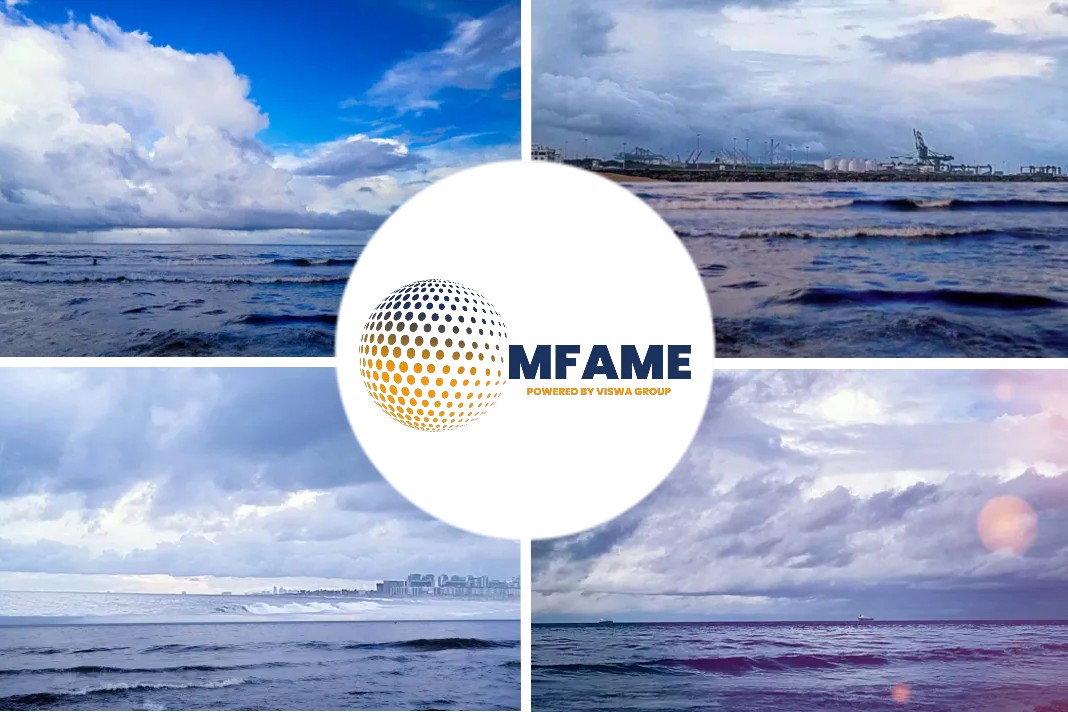Ahead of the global switch to a cleaner fuel, the IMO has highlighted the ‘immense amount’ of proprietary work that will ensure the changeover goes smoothly, reports Ship&Bunker.
Dedicated hotline email
With the introduction of a global regulation on the sulphur (SOx) content of ship’s fuel from 1 January 2020, the IMO has highlighted the ‘immense amount’ of proprietary work that will ensure the changeover goes smoothly.
To support smooth implementation, the IMO Secretariat has set up a dedicated hotline email address for any queries from Member States and the shipping industry as the regulation comes into effect.
Confidence on smooth implementation
IMO Secretary-General Kitack Lim said, “For the past three years, IMO Member States, the shipping industry and fuel oil suppliers have been working tirelessly to prepare for this major change in the sulphur content of ships’ fuel oil. I am confident that the benefits will soon be felt and that implementation will be smooth.”
He added, “I am very appreciative of all the efforts made by refineries, shipowners, seafarers, industry organizations and others in preparing for this hugely important change – which will have significant positive benefits for human health and the environment.”
IMO 2020
- From 1 January 2020 the global upper limit on the sulphur content of ships’ fuel oil will be reduced to 0.50% (from 3.50%).
- Known as “IMO 2020”, the reduced limit is mandatory for all ships operating outside certain designated Emission Control Areas, where the limit is already 0.10%.
- The new limit will mean a 77% drop in overall SOx emissions from ships, equivalent to an annual reduction of approximately 8.5 million metric tonnes of SOx.
- Particulate matter – tiny harmful particles which form when fuel is burnt – will also be reduced.
The new limit is part of the International Convention for the Prevention of Pollution from ships (MARPOL), a key environmental treaty under the auspices of the IMO – the United Nations specialized agency responsible for developing and adopting standards for preventing pollution from ships, as well as shipping safety and efficiency, and maritime security.
The decision to cut the global limit for sulphur in ships fuel oil to 0.50% was made in 2008 and confirmed again in October 2016.
Options for compliance
Compliant fuel oil
To supply compliant fuel oil, refineries may blend fuel oils with a higher and lower sulphur content. Additives may be used to enhance other properties, such as lubricity. Ships may also use different fuels, with low or even zero sulphur – for example, liquefied natural gas, or biofuels.
Scrubbers
Limiting air pollutants by installing exhaust gas cleaning systems, also known as scrubbers, is accepted if flag States approve as an alternative means to meet the sulphur limit requirement. Scrubbers remove sulphur oxides from the ship’s engine and boiler exhaust gases, enabling ships fitted with them to continue to use heavy fuel oil, in accordance with IMO Guidelines.
Did you subscribe to our daily newsletter?
It’s Free! Click here to Subscribe!
Source: Ship&Bunker



















